Purpose:
Adaptive Emotional Intelligence EQ is designed to measure an individual’s emotional intelligence, which is the ability to identify, understand, and manage one’s own emotions, as well as the emotions of others. The assessment can be used for personal development, as well as in professional settings such as hiring and leadership development.
Description:
Adaptive EQ typically consists of a series of questions or scenarios that are designed to measure a range of emotional competencies, including self-awareness, self-regulation, motivation, empathy, and social skills. These competencies are considered key to success in a variety of contexts, including work, relationships, and personal well-being. The assessment may be delivered in a variety of formats, including online or paper-based questionnaires, interviews, or behavioral observations.
Competencies:
The Adaptive EQ measures 4 competencies
- Self-Awareness
- Self-Management
- Relationship Management
- Social Awareness
Questions:
The assessment typically consists of 48 questions.
Time Taken to Complete:
The assessment takes around 12-15 minutes to complete.
Adaptive Emotional Intelligence is created by Azvantage and is based on the concept of emotional intelligence that was first introduced by researchers Peter Salovey and John Mayer in the 1990s, and popularized by author Daniel Goleman in his 1995 book “Emotional Intelligence.”
Reference:
Goleman, D. (1995). Emotional intelligence. New York, NY: Bantam Books. DOI: 10.1037/10518-000
Goleman, D. (1998). Working with emotional intelligence. New York, NY: Bantam Books. DOI: 10.1037/10518-000
Goleman, D. (2001). The emotionally intelligent workplace. San Francisco, CA: Jossey-Bass. DOI: 10.1002/9780787956540


